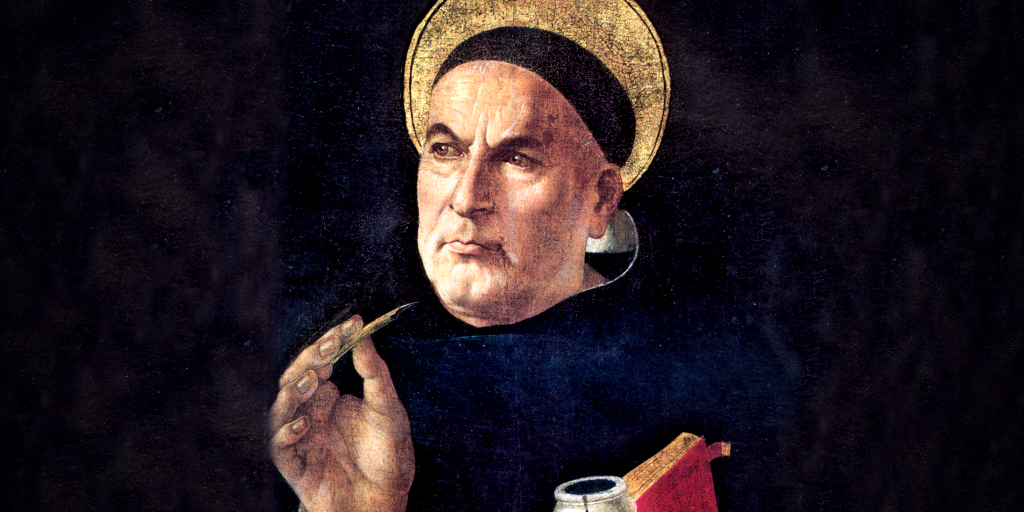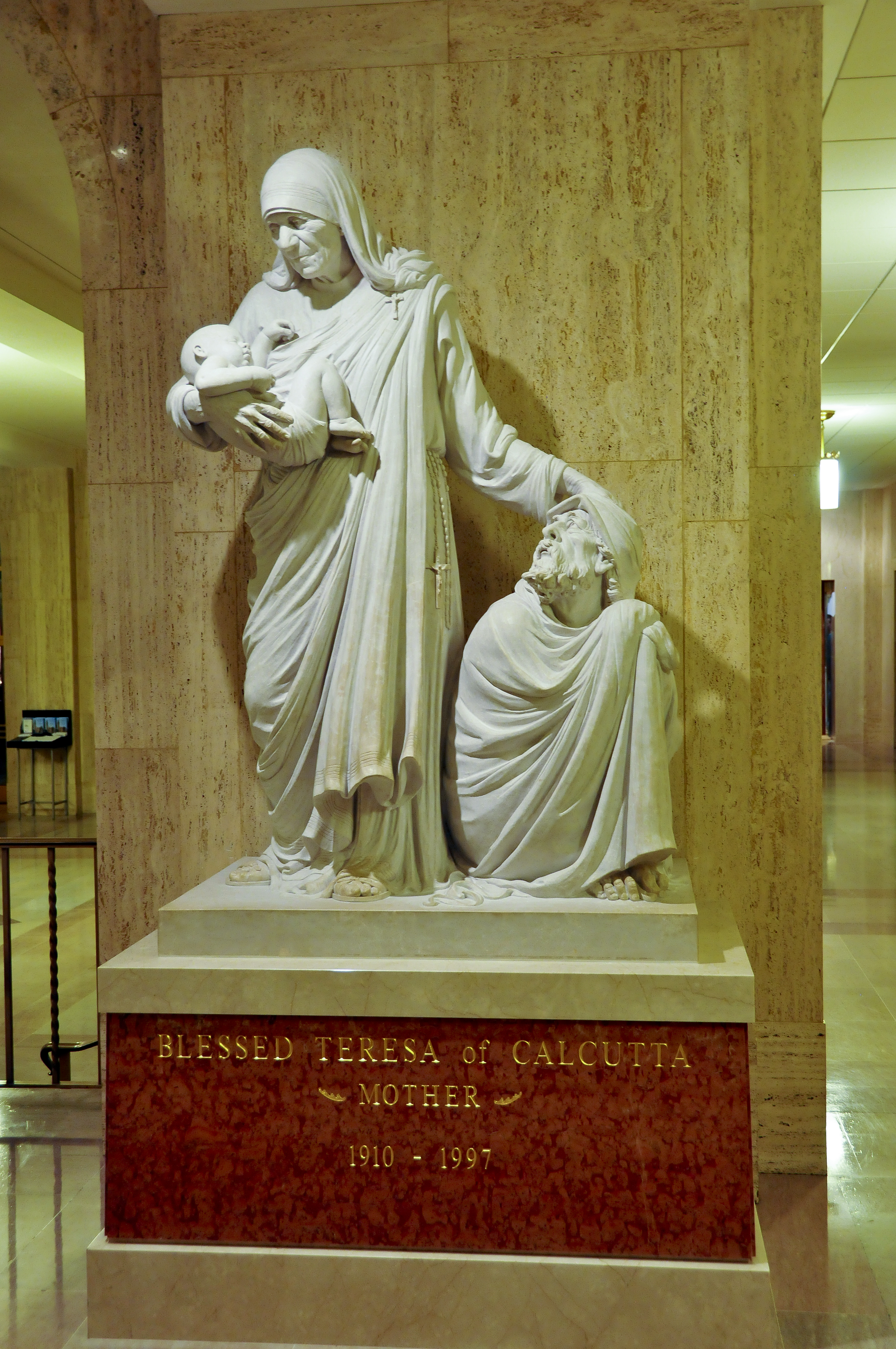Every other Monday, New Wine New Wineskins posts abbreviated versions of papers given at the annual NWNW conference in July. This week, enjoy Nicholas Ogle’s reflections on Aquinas, the Holy Spirit, and moral deliberation. And check back each Monday for more content from NWNW!
What are the effects of grace on rational processes of practical deliberation and moral judgment? How does the moral decision-making of someone in a state of grace differ from that of someone who is not? What is the place of prayer in the Christian moral life?
These are difficult questions that often do not receive the attention they deserve in contemporary moral theology. One underutilized source of reflection on them is Thomas Aquinas’s discussion of the gifts of the Holy Spirit—in particular, his account of the gift of counsel, which he associates with the virtue of prudence and the perfection of practical reason. This account is significant because of the insights it contains regarding what one might call the cognitive dimension of graced human action. It is where Aquinas focuses his attention on the question of how God, through the inspiration of the Holy Spirit, enlightens our understanding of how to act in a manner proportionate to our supernatural end.
Yet it also raises a number of difficulties that have often puzzled interpreters and obscured its meaning. These difficulties arise from the apparent conflict between Aquinas’s claims regarding the divine prompting (instinctus) from which graced human action originates and his account of the conditions of voluntariness and free choice. Although Aquinas maintains that the Holy Spirit acts upon us in such a way that we also act ourselves, it remains unclear exactly how this divine prompting relates to the exercise of our rational capacities in graced human action.
On the one hand, it can be said that the two should not simply be identified with one another. Indeed, it is for precisely this reason that Aquinas posits the existence of the gifts alongside the infused virtues as distinct habits possessed by the Christian. As he explains in q. 68 of the Prima secundae, the difference between these two kinds of habit has primarily to do with whose agency they facilitate. Whereas the virtues perfect us insofar as we are apt to be moved by our own reason, the gifts instead perfect us insofar as we are capable of being moved directly by God.
But on the other hand, if the prompting and movement of the Holy Spirit is not simply identical with our own rational activity, neither is it something entirely separate from it. While it is true that the infused virtues and gifts “prepare us to rely on an agency other than our own” (as Paul Wadell once put it), we would be mistaken to think that human actions prompted by the Holy Spirit are therefore not fully voluntary. On the contrary, Aquinas repeatedly insists that “The sons of God are led by the Holy Spirit according to their own mode, viz., preserving free choice, which is a faculty of will and reason” (II-II 52.1 ad3).
In Aquinas’s account of the gift of counsel, we find a model for thinking through the role of the Holy Spirit in moral deliberation that successfully avoids both of these extremes. While it certainly does not resolve every issue that arises from reflection on the nature of Christian moral decision-making, it nevertheless provides a helpful way of explaining how the prompting and guidance of the Holy Spirit can stand in a non-competitive relationship with the activity of reason, assisting and perfecting the exercise of prudence without undermining the integrity of graced human agency.
Nicholas Ogle is a PhD Candidate in Moral Theology at the University of Notre Dame.




